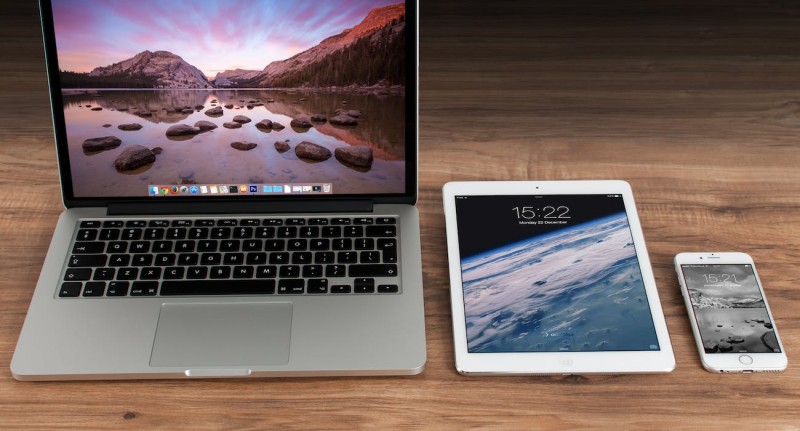With so many alternatives on the market these days, selecting the ideal smartphone can be difficult. Either way, it's critical to find the best smartphone for your needs and tastes, regardless of your level of tech expertise. These are a few insider tips to help you choose wisely. If you want to create a blog post on Technology Mobile, select our Write For Us Technology Mobile.
Determine Your Needs
Consider your needs carefully before stepping foot in the world of cell phones. What is the main purpose of the smartphone? Think about elements such as:
Usage Trends
Do you use your phone mostly for calls, texts, and the occasional web browsing, or are you a heavy user who streams content, plays games, and multitasks a lot?
Favorite Operating System
Which operating system—iOS, Android, or another—do you feel more at ease using? Selecting a smartphone brand will determine which options are available to you.
Expenses
Decide on a spending limit. It's critical to locate a gadget that satisfies your needs without going over budget.
Think about the Ecosystem
After determining your requirements and financial constraints, think about the ecosystem you wish to participate in. Key ecosystems consist of:
Apple Environment
It might make sense to stick with an iPhone if you already have an iPad, MacBook, or Apple Watch to ensure seamless integration.
Android Environment
Numerous devices and customization choices are available for Android. If you like diversity, this is a flexible option.
Ecological Adaptability
Think about how devoted you wish to be to a single ecosystem. The ability to mix and match devices and services is preferred by certain users.
Present Matters
Your smartphone's display serves as a window into its user interface. Think about the following elements:
Dimensions and Clarity
Select a screen size and resolution based on personal taste. While smaller screens are more affordable, larger screens are ideal for watching media.
Display Technology
Learn about AMOLED, OLED, and LCD, among other display technologies. These have an effect on things like power consumption, brightness, and color accuracy.
Rate of Refresh
The user experience is improved overall by smoother scrolling and animations at higher refresh rates (e.g., 90Hz or 120Hz).
Photographic Abilities
A smartphone's camera is a vital component for a lot of users. Examine:
The megapixel
Avoid obsessing over the megapixel count. Instead, to evaluate image quality, look at sample photos and reviews.
Extra Elements
Think about zoom capabilities, low-light performance, and photo-specific software improvements.
Battery Life Constant use requires a battery that lasts a long time. Seek out:
Capacity of Battery
Longer-lasting batteries typically have higher mAh (milliampere-hour) ratings, but software optimization is very important.
Quick Charging
Fast charging technology allows you to quickly charge your device, which is especially helpful for people with hectic schedules.
Evaluations and User Commentary
Finally, remember to read reviews and get user input. Practical experience can offer priceless insights into the functionality, build quality, and durability of a smartphone.
To sum up, the ideal smartphone is the one that most closely matches your individual requirements and preferences. Investigate carefully, take your time, and take into account the ecosystem, performance, battery life, display, camera, and design. You can confidently select a smartphone that fits your lifestyle and improves your mobile experience by paying attention to these tips.









